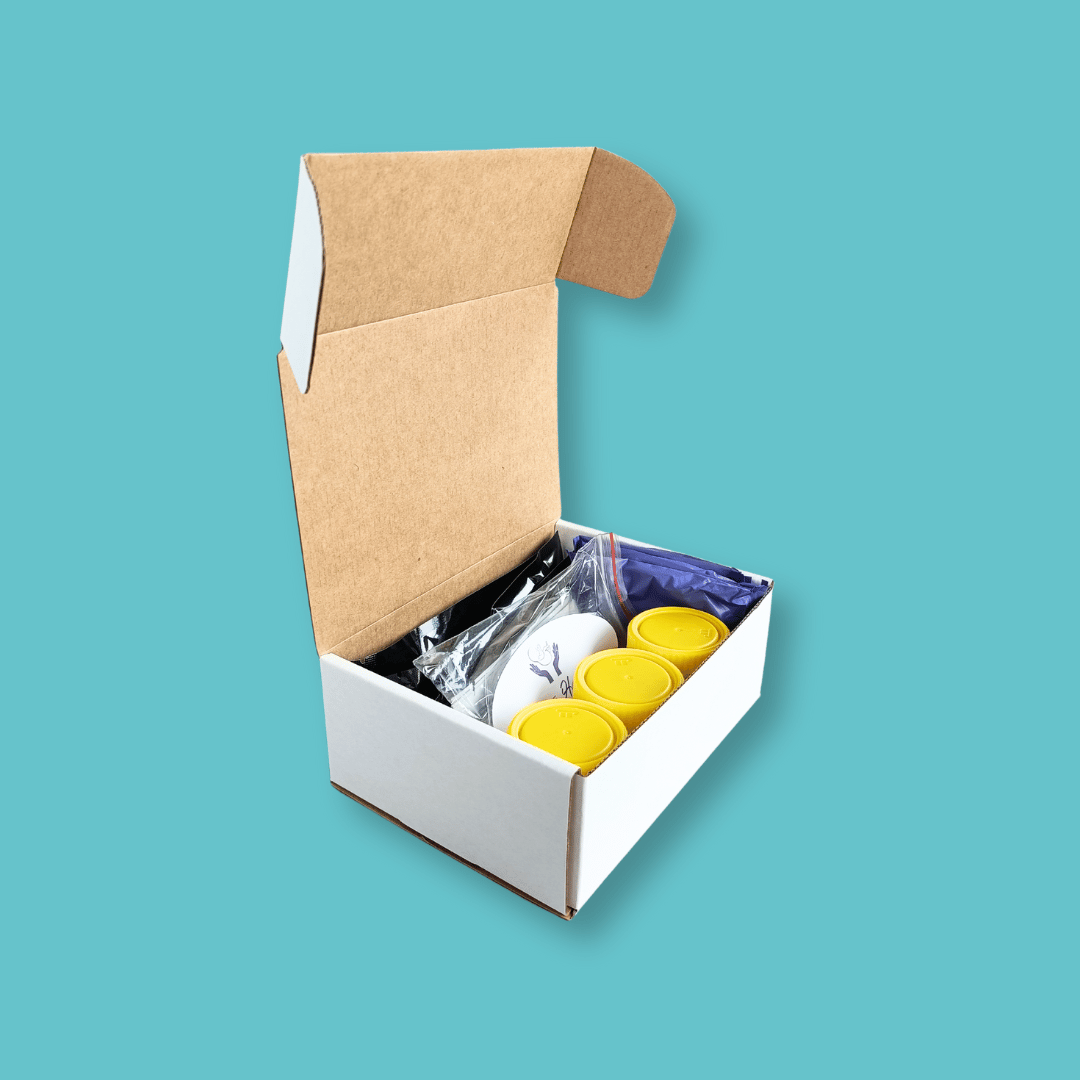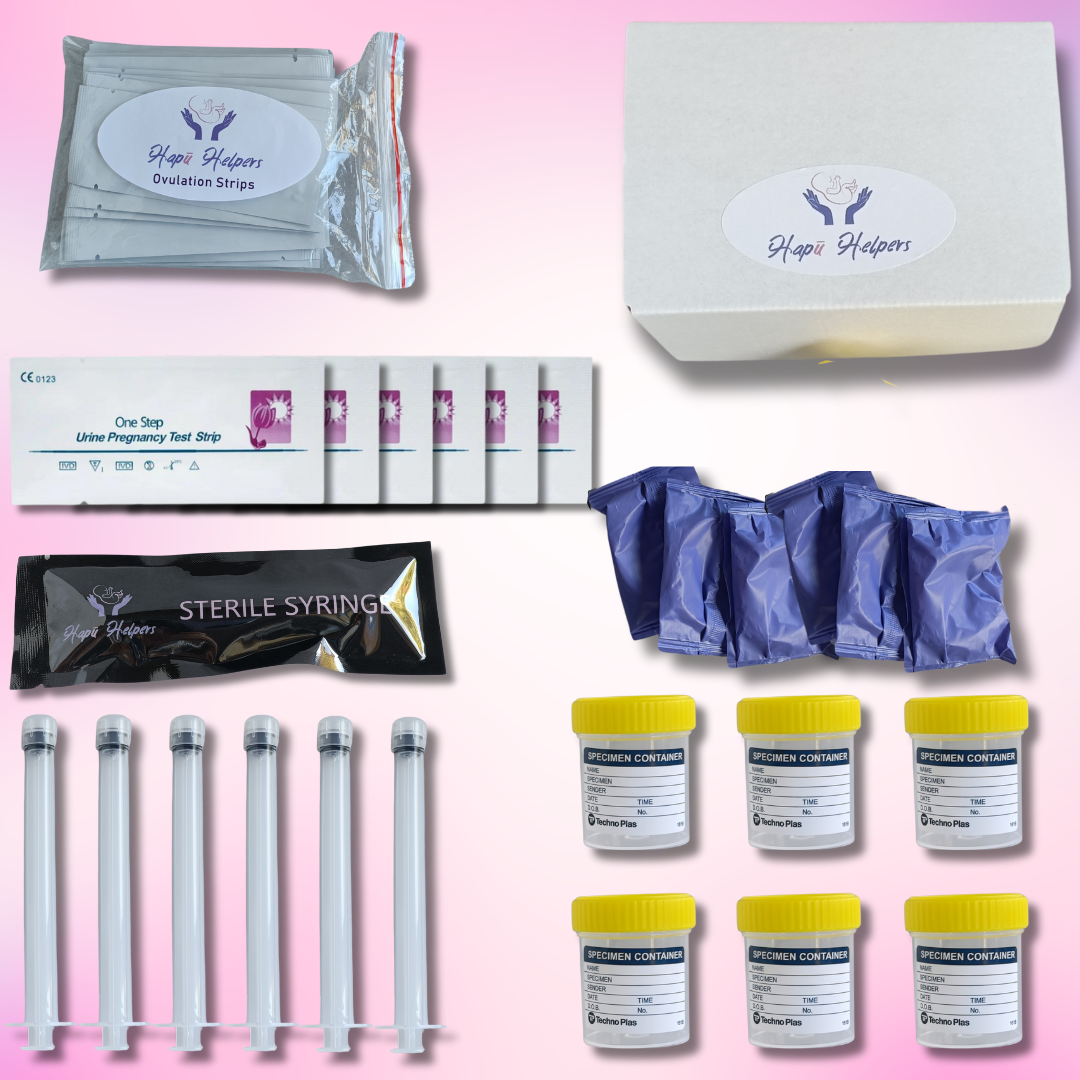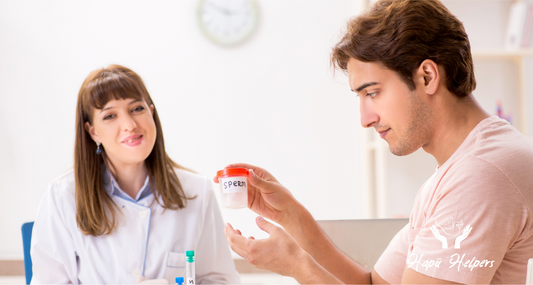October 11, 2022 | At Home Insemiantion
Things to consider before At Home Insemination
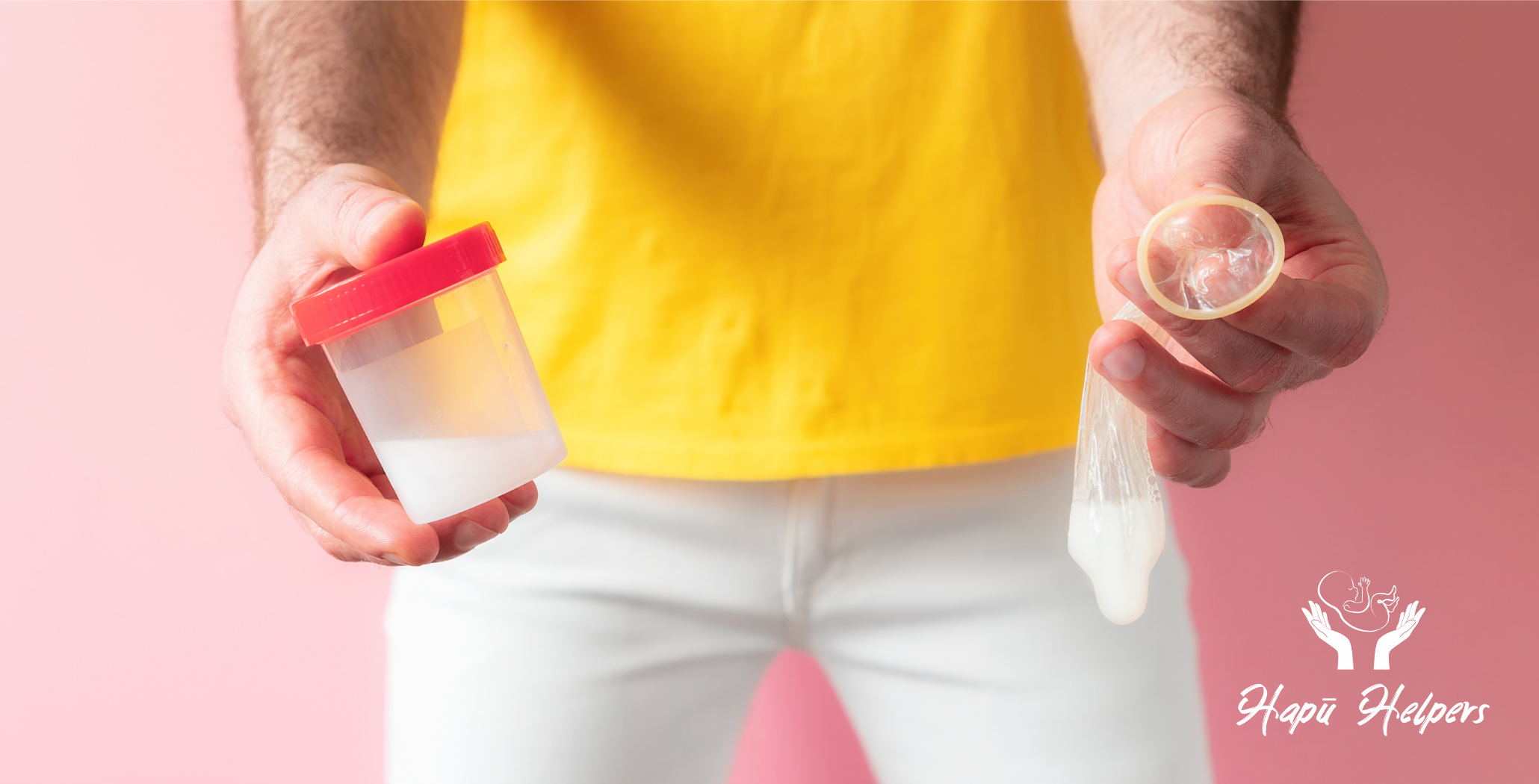
What to consider before At-Home Insemination
Before embarking on the journey of at-home insemination, several important considerations come into play. Firstly, understanding the process and seeking expert guidance or consulting with a healthcare provider is paramount. It's crucial to carefully select a sperm donor, whether it's a known donor or from a sperm bank, and ensure that all necessary health screenings are conducted. Timing, using the right tools and techniques, and tracking fertility indicators are essential for success. Creating a supportive and stress-free environment is also key. Moreover, recognizing that at-home insemination may not guarantee immediate results is important; patience and emotional support are vital. Lastly, having contingency plans in place, such as consulting a fertility specialist, should the need arise, adds another layer of preparedness to this journey. By considering these factors, individuals and couples can embark on at-home insemination with confidence and a well-informed approach.
Methods of conception
There are 3 methods of At home insemination: Artificial Insemination with a syringe, Natural insemination via sexual intercourse and Partial insemination, which is just ejaculation in the vagina. You must know that all these methods are just as effective as each other. Don’t let anyone tell you otherwise and don’t let a donor pressure you into doing something you are uncomfortable with. If you are considering Natural insemination, please make sure you understand the legalities around this method on our legalities page
Understanding Incest when choosing a Donor
A donor with a significant number of children results in a higher chance of incest, which can result in severe genetic abnormalities. The world is small, and it is crucial to understand the risks. The New Zealand Clinics have a limit of 7 families per sperm donor, with the Australian clinics being 10 families per donor and only 5 in Western Australia. It is essential to consider donors who stick within these limits to avoid the chance of incest.
Donors who do not stick to these guidelines are serial donors.
Understanding the thoughts and feelings of Donor conceived people (DCP)
AWhen undergoing At-Home insemination with a donor, the child you produce is known as a DCP. As Recipient parents (RP), we must understand them and hear what they have to say so we can make the necessary changes to avoid the common struggles they face. I didn’t even think of this when I was looking to conceive. This only ever occurred to me when my children were born. This is why I am creating awareness, so no one else has this as an “afterthought.”
I have done a whole page on this where I include the survey results from DCP people. I highly encourage you to check it out here.
Know the legalities
Buying or charging for sperm in New Zealand and Australia is illegal. A donor can charge you to cover his travel costs and that is it. This amount needs to be reasonable and enough only to cover those expenses. Please check the legalities page for more
If you feel like you don't know where to start, talking with a TTC consultant can help! Book a FREE 15 minute virtual consult today!
Vorgestelltes Produkt
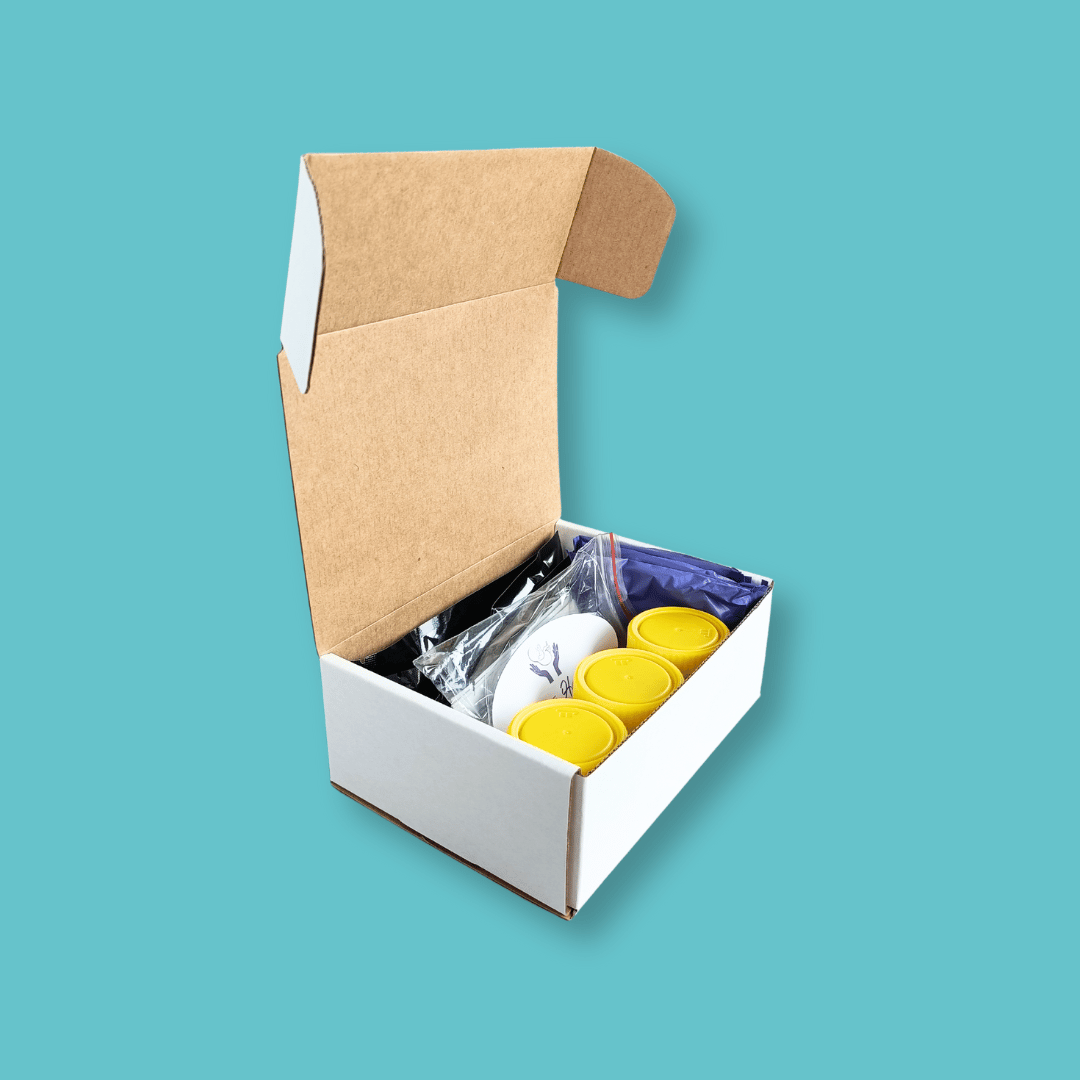
Hapū Helpers
Das Mezzo - Besamungsset
